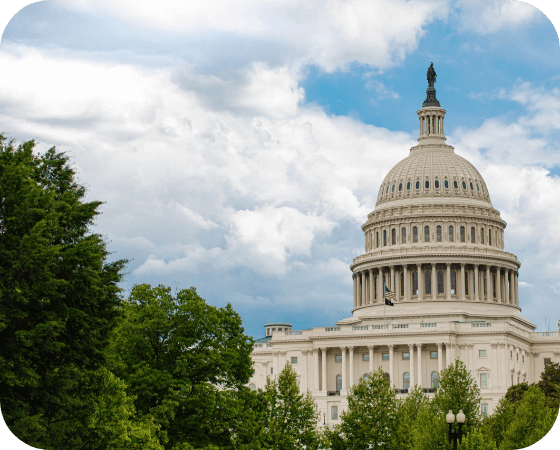Rep. Guthrie to Chair Health Subcommittee
Rep. Brett Guthrie will chair the House Energy and Commerce Subcommittee on Health in the 118th Congress. Guthrie first became the Health Subcommittee’s top Republican at the start of the 117th Congress in January 2021, replacing Rep. Michael Burgess (R-TX), who sought to become the top Republican on the full Energy and Commerce Committee. As chair of the Health Subcommittee, Guthrie’s likely priorities will be price transparency, the fentanyl epidemic, telehealth, medical product innovation, and exploring the business practices of pharmacy benefit managers (PBMs). The Health Subcommittee will hold its inaugural hearing of the new Congress on February 1 to review legislation to address the fentanyl crisis.
Bivalent Boosters Cut Risk of Infection by Half
The new bivalent COVID-19 booster reduces the risk of symptomatic infection of the dominant Omicron XBB/XBB.1.5 subvariants by about 48%, according to new data from the Centers for Disease Control and Prevention (CDC). Considered the most transmissible subvariant to date, XBB.1.5 is currently responsible for 49% of new COVID-19 infections nationwide. The study found that the bivalent boosters were slightly more effective in preventing symptomatic infection in adults ages 18 to 49 than adults ages 50 and older. However, most Americans are not benefitting from the added protection of a bivalent booster, as only about 15% of eligible Americans have received the new booster.
HHS: Insulin Price Caps Mean Savings for Seniors
1.5 million seniors in the US could save up to $500 per person annually thanks to new insulin price caps, according to a new report from the Department of Health and Human Services (HHS). The report analyzed the impact of the $35 monthly insulin price cap in the Inflation Reduction Act, which went into effect for Medicare Part D beneficiaries on January 1, 2023. According to the report, the average out-of-pocket cost per insulin fill for Part D beneficiaries in 2019 was $58 per insulin fill, while people with private insurance or Medicare coverage paid about $63 per fill. The report also found that Medicare beneficiaries in Texas, California, Florida, North Dakota, Iowa, and South Dakota are likely to incur the most annual savings at $700-$800 per person.
JAMA: Telehealth Didn’t Help with Opioid Treatment
There was no significant difference in outcomes between people who sought treatment for opioid use disorder via telehealth or in-person via a clinician, according to a new study from the Journal of the American Medical Association (JAMA). Since the start of the COVID-19 pandemic, emergency waivers have allowed people struggling with opioid addition to virtually receive prescriptions for treatments like buprenorphine. One of the reasons why telehealth may not have resulted in better outcomes for substance use disorder patients is the limited access to broadband internet, particularly in low-income or rural communities.
ICYMI: Diversity Lags among Congressional Staff
While the 118th Congress is the most diverse in history, diversity amongst congressional staff is still playing catch-up, according to a report from the Joint Center for Political and Economic Studies. The report found that only 18% of top congressional staffers are people of color, compared to 40% of Americans nationwide. However, the report did note some recent areas of improvement, such as the fact that top staff working for returning members of Congress are more diverse than ever before. Some of the obstacles preventing people of color from working in Congress include relatively low pay rates and the Washington, DC area’s high housing costs.





